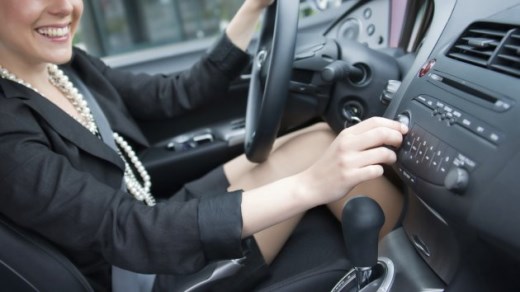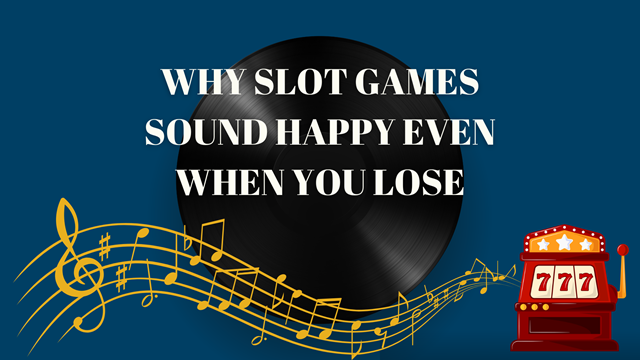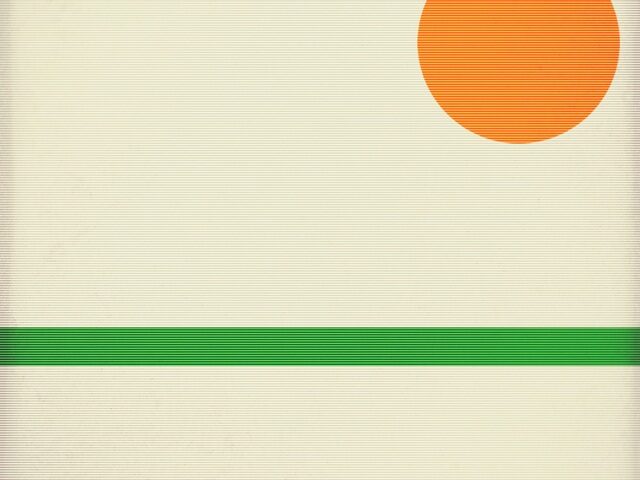
There is always a parent who drives with a little more verve in the absence of the other parent in the passenger seat. Most people seem to remember their dad literally and metaphorically rocking the car forwards to Led Zeppelin or AC/DC at deafening volumes for the kids in the back. Showing off. Being the ‘cool’ parent while the more sensible other half isn’t there to see them mucking around with the children on the road. Teenage road trips invariably seemed to combine blasting out fast-paced music with testing the speed limits on the motorway. The music seemed to be an ideal accompaniment to a sensation of rebellion. Like amaretti biscuits and coffee, they are made for each other, throwing caution to the wind and putting pedal to the metal. Rock’n’roll built an entire image of recklessness attached to the mythology of the road, freedom and unlimited excess. For years these themes have been inseparable, so you’d assume music has to affect your ability to drive or even learn to drive properly. If you’re a music fan, that is.
Whether or not your choice of music can affect your driving in real terms is still a matter of debate. Does it actually raise your adrenaline, blood pressure and subsequently make you more scatty behind the wheel? Or does it simply act as a distraction that, by definition, is likely to exacerbate a silly mistake when driving? The findings of a report published by The BBC suggests that loud music can be detrimental to your driving, no matter what genre it fits into. Research by the Royal Automobile Club Foundation (RAC) found that motorists were twice as likely to skip a red light while listening to music over a certain volume. A Canadian study also reasoned that when listening to music at 95 decibels or more it took humans 20% longer to perform mental and physical tasks. It was also found that music with a pounding rhythm, anywhere above 60 beats per minute, raises your heart rate and blood pressure and can cause up to double the amount of accidents. Logically then it follows that some soothing classical music at any volume is less likely to end in an accident, whereas some heavy dad rock, rap or dance music with a fast pace is more likely to pump the blood and your accelerator a little too hard.
The New Scientist is in agreement with these findings. So it is not just simple scaremongering. Interestingly though one side effect of music being played in the car is a more steady heart rate all round, compared to when there is no music playing. This happens because your heart is keeping to a consistent beat instead of fluctuating to all the variables around you on the road. This means you will be working at a steady beat, whether it is too fast or not and in some ways, less prone to a reactionary style of driving. No one is saying you have to fill your commute or road trip with Mozart, but try and find a happy medium between the Austrian master and the modern headbangers.





